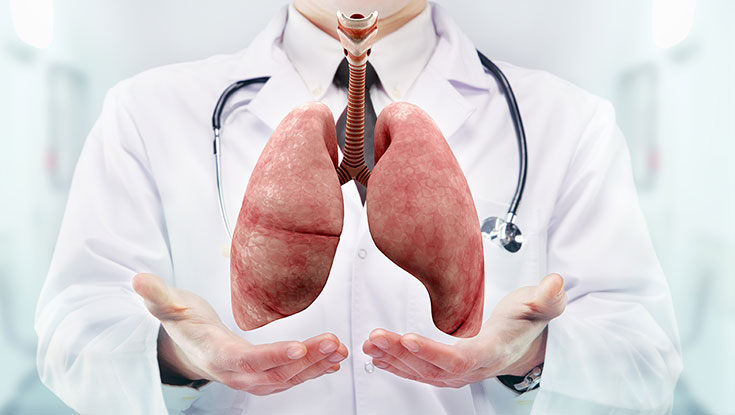Respiratory treatment specialists are medical professionals who diagnose and treat patients with breathing disorders and respiratory diseases. They work in hospitals, clinics, and other medical facilities, and their duties include performing diagnostic tests, analyzing results, and developing treatment plans for patients. If you are looking for a respiratory treatment specialist who specializes in diagnosing, treating, and preventing conditions and diseases affecting the respiratory (breathing) system, then you can redirect to this website.
In order to become a respiratory treatment specialist, it is necessary to have a high school diploma or equivalent and complete an accredited respiratory care program. This usually requires a two-year associate's degree in respiratory care or a four-year bachelor's degree in respiratory therapy. Coursework in these programs includes anatomy and physiology, pharmacology, patient assessment, and pathophysiology.

Image Source: Google
In addition to the educational requirements, respiratory treatment specialists must also obtain certification or licensure in order to practice. The National Board for Respiratory Care (NBRC) offers the Certified Respiratory Therapist (CRT) certification, which must be renewed every three years. The NBRC also offers the Registered Respiratory Therapist (RRT) certification, which is required for advanced practice in most states.
They are able to help patients with breathing disorders and other respiratory illnesses. They work closely with doctors, nurses, and other medical professionals to develop treatment plans and provide care to patients. They must also be able to communicate effectively with patients and their families, as well as keep accurate and detailed records.
In conclusion, becoming a respiratory treatment specialist is a rewarding career path that requires both educational and professional qualifications. It is important for those interested in this field to understand the requirements and get the necessary certifications and licensure in order to practice. Once certified, respiratory treatment specialists can help patients with breathing disorders and other respiratory illnesses, providing them with much-needed relief and comfort.